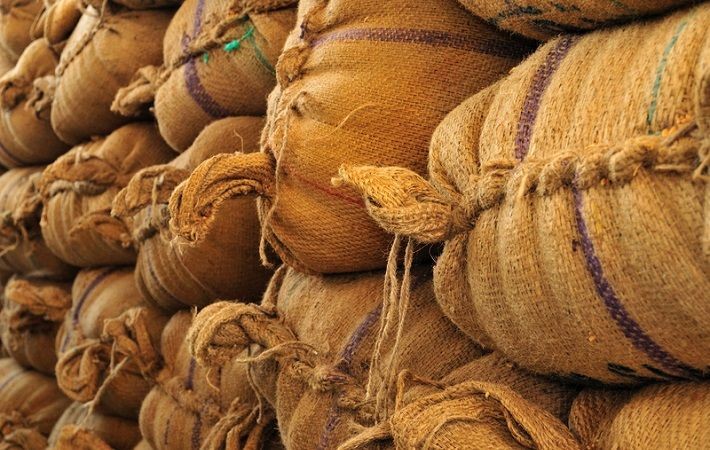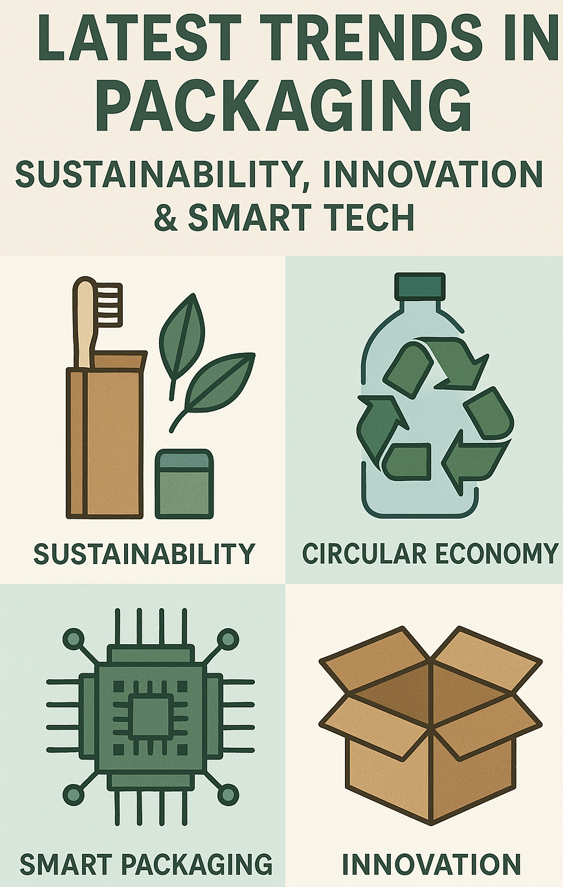
Jute in Modern Packaging
As highlighted in the previous blog, jute has almost re-emerged as a versatile and environmentally conscious material choice.
With its natural properties and diverse applications, jute is making a significant impact on modern packaging practices.
The Eco-Friendly Essence of Jute:
Biodegradability and Renewability:
Jute is a natural fiber derived from the jute plant, making it inherently biodegradable and compostable. Unlike synthetic materials that contribute to environmental pollution, jute packaging decomposes naturally, leaving a minimal ecological footprint. Additionally, jute is a renewable resource, with a relatively short cultivation cycle.
Versatility in Packaging Formats:
Jute can be utilized in various packaging formats, including bags, sacks, wraps, and even as a component in composite packaging materials. Its flexibility allows customization to meet diverse packaging requirements, making it an attractive choice for businesses seeking sustainable options.
Strength and Durability:
Jute fibers are known for their robustness and durability. This inherent strength makes jute an ideal packaging material that requires resilience and longevity, ensuring that products remain protected throughout the supply chain.
Breathability for Agricultural Products:
Jute's breathable nature makes it particularly suitable for packaging agricultural products. It helps maintain optimal conditions for perishable goods, allowing air circulation and preventing moisture buildup, thereby reducing the risk of spoilage.
Examples of Modern Jute Packaging:
Jute Shopping Bags:
Retailers worldwide are adopting jute shopping bags as a sustainable alternative to single-use plastic bags. These sturdy bags provide customers with a stylish, reusable and eco-friendly option.
Jute Sacks for Bulk Packaging:
Industries involved in the transportation of bulk goods, such as grains, pulses, and coffee, are turning to jute sacks. The high tensile strength of jute fibers ensures that these sacks can withstand the rigors of transportation while being biodegradable and compostable at the end of their life cycle.
Jute Wine Bottle Bags:
Wineries and beverage companies are recognizing the aesthetic appeal and durability of jute for packaging wine bottles. Jute wine bottle bags not only provide a rustic and stylish look but also offer protective padding for the bottles during transit. Koozies are now also being manufactured in jute.
Jute Gift Packaging:
The demand for sustainable gift packaging is on the rise, especially during festive seasons and special occasions. Jute's natural and earthy appearance makes it an excellent choice for gift bags, wrapping, and decorative elements, adding an eco-friendly touch to celebrations.
Jute Composite Packaging:
Innovative packaging solutions are emerging, combining jute with other materials to enhance its properties. For instance, jute can be combined with recycled paper or cardboard to create composite packaging that maintains the strength of traditional materials while incorporating the eco-friendly benefits of jute.
Jute Cosmetic and Fashion Packaging:
The fashion and cosmetic industries are exploring jute for packaging their products. Jute pouches and bags provide an eco-conscious packaging option for accessories, clothing, and beauty products, aligning with the sustainability preferences of many consumers.
Jute Plant Holders and Wraps:
Jute's breathability and strength make it suitable for packaging plants. Nurseries and garden centers are using jute wraps and holders to package and transport plants, ensuring proper aeration for the roots while minimizing environmental impact.
Recently, in India, new reservation norms mandated the compulsory packaging of 100% food grains and 20% sugar in jute bags.







